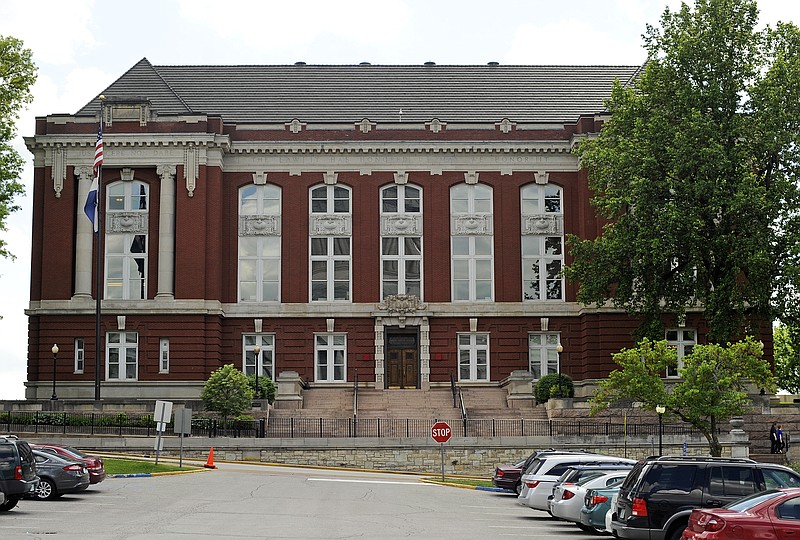The Missouri Supreme Court on Friday denied the ACLU-Missouri's request to hear an appeal of its challenge to parts of the Western District appeals court's ruling from last Monday.
The decision means there is no further legal step in the case and that the Western District ruling - that Missouri Secretary of State Jay Ashcroft overstepped his authority in rejecting the ACLU's proposed referendum petition - still stands.
Ashcroft said Friday afternoon: "I will follow the (appeals) court's ruling. My office will prepare the proposed ballot summary statement and forward it to the attorney general's office for review and follow the timeline that the law requires."
He did not provide details of what the timeline now should be.
The ACLU had wanted a court order requiring Ashcroft and Attorney General Eric Schmitt to complete their review of the referendum paperwork by next Thursday, which would give the ACLU almost six weeks to gather signatures around the state so that Missouri voters could weigh in on the controversial abortion bill lawmakers passed in May.
The ACLU argued Ashcroft should not be allowed to slow-down the process now, since the appeals court said he overstepped his bounds by doing so last month.
"Failure to do so will reward the Secretary of State's unlawful effort to deny the fundamental right of referendum by providing Appellants with no meaningful opportunity to collect signatures before the deadline imposed by the constitution - Aug. 28, 2019," the ACLU told the high court Wednesday, in its "emergency motion of interim relief" that the court declined to accept Friday.
Tony Rothert, the ACLU's legal director and acting executive director, told The Associated Press Friday: "It's pretty apparent that the secretary, with an assist from the attorney general, is trying to run down the clock so the people don't have a chance to vote.
"We were hoping to get a court order to get them to move expeditiously, but at this point it's on them to do their jobs in a way that protects the constitutional right of the people to have a referendum."
The bill at the heart of the referendum controversy prohibits all abortions in the state - except when the mother's health is in danger - at about eight weeks of pregnancy.
Supporters of the Missouri Stands for the Unborn Act say eight weeks is when a doctor first can hear the developing baby's heartbeat. Opponents say most women don't know they're pregnant at eight weeks.
The bill contains no exceptions for women who want to end a pregnancy caused by rape or incest.
The ACLU must gather about 100,000 signatures from at least six of the state's eight congressional districts in order to get a referendum vote on next year's August or November general election ballot.
But the state Constitution demands those signatures be submitted to Ashcroft's office no later than Aug. 28 - the date the law is to go into effect.
Under the general procedure, if signatures are submitted, the law is put on hold until the local election authorities determine the validity of the signatures; and, if there are enough valid signatures, the law remains on hold until the statewide vote.
But Missouri's Constitution says a referendum can't be held on "laws necessary for the immediate preservation of the public peace, health or safety" - and Ashcroft said June 6 he couldn't approve the referendum petition because of the emergency clause covering one section of the abortion law.
The emergency clause covered only a section of the law requiring a woman younger than 18 seeking to get an abortion to have the approval of both parents or guardians, not just one.
Ashcroft told the News Tribune on Thursday he had no choice but to block the referendum because of that one section of the law - even though the ACLU and others argued the rest of the law doesn't go into effect until Aug. 28, and that a court, not the secretary, should be making that constitutional decision.
In his Friday afternoon statement, Ashcroft repeated that his oath of office included upholding the Constitution, and that state law still allows him - after signatures have been gathered - to declare a proposed referendum unconstitutional because a part of a bill already is in effect, even if the rest of the bill has not gone into effect.
"From a plain reading of the Missouri Constitution, it was both my authority and responsibility to reject the referendum when I did," Ashcroft said.

